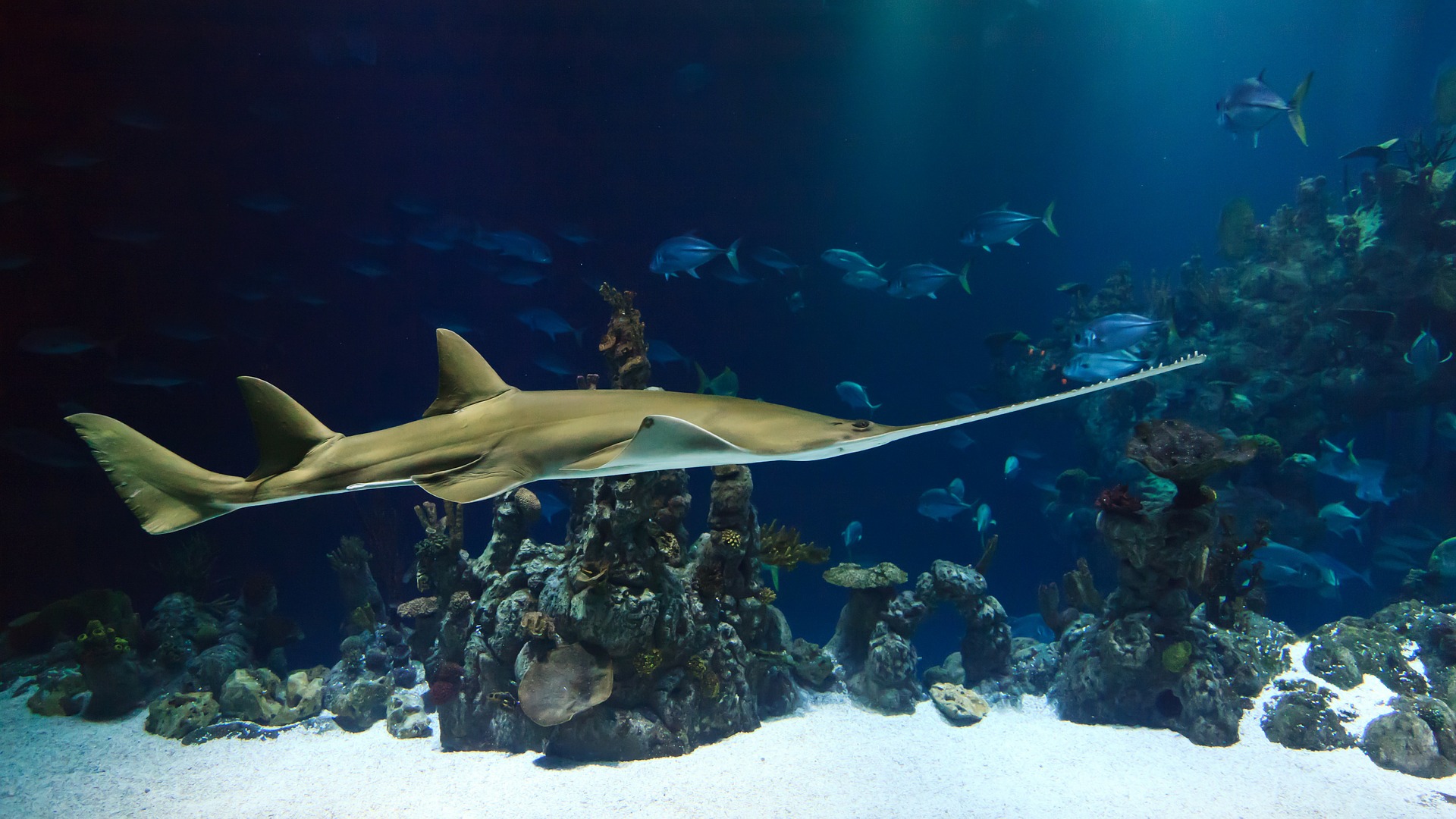Pasar al contenido principal

The ocean absorbs around 30% of the annual emissions of anthropogenic CO2 to the atmosphere, helping to alleviate the impacts of climate change on the planet. The ecological costs to the ocean, however, are high, as the absorbed CO2 reacts with seawater and changes the acidity of the ocean, affecting life in the ocean as well as ocean services such as transport, fisheries and tourism. Observations from open ocean sources over the last 20 to 30 years have shown a clear trend of decreasing average pH, caused by increased concentrations of CO2 in seawater. In order to characterize the variability of ocean acidification, and to identify the drivers and impacts, a high temporal and spatial resolution of observations is crucial. The Sustainable Development Goal Target 14.3 specifically addresses ocean acidification and the associated Indicator calls for the measurement of marine acidity (pH).
|

|
GOA-ON is a collaborative international network to detect and understand the drivers of ocean acidification in estuarine-coastal-open ocean environments, the resulting impacts on marine ecosystems, and to make the information available to optimize modelling studies. The network is fundamental to providing early warning of the impacts of ocean acidification on natural ecosystems, wild and aquaculture fisheries, coastal protection, tourism and local economies. The network provides key input to communities, industry and governments seeking to develop action plans, best practices, and mitigation or adaptation strategies to address ocean acidification impacts.
GOA-ON works to improve our understanding of global ocean acidification conditions and ecosystem responses by making ocean acidification data easily accessible.
The GOA-ON Data Explorer provides access and visualization to ocean acidification data and data synthesis products being collected around the world from a wide range of sources, including moorings, research cruises, and fixed time series stations. Layers contain contoured world-wide data; Platforms include icons for various observing assets, some of which display real-time data and many of which include links to data and metadata. For a given asset measuring carbonate chemistry, metadata includes information on which parameters are measured, links to data providers, and other useful details. The inventory of GOA-ON assets can be searched interactively by region, platform type, and variables by using the Filters tool. (See more)
Latin American Ocean Acidification Network
The formation of LAOCA (Latin American and Caribbean) Network became necessary to integrate the activities of the Latin American participants active in GOA-ON (Global Ocean Acidification Observing Network), since the small regional representation in this international network, the importance of the diversity of Latin American ecosystems, the richness of marine organisms in large coastal and oceanic regions vulnerable to the deleterious effects of increased carbon dioxide (CO2) absorption by oceans, and the social, economic, and political impacts of ocean acidification. Please see our Governance Plan for more information.
Goals
-
Synthesize and review the state of the existing information in studies of OA in Latin America.
-
Encourage the implementation, maintenance, and calibration of long-term data series for the parameters of the carbonate system in Latin America.
-
Train LAOCA members in the different lines of action (e.g., observation, experimentation, modeling).
-
Standardize the measurement methods of the carbonate system and experimental protocols, in order the generate high-quality databases.
-
Consolidate the use of "good practice" protocols for the observation and experimentation of OA.
-
Constitute a node of articulation and communication between global (e.g., GOA-ON, IOCCP, OA-ICC), regional, and local OA programs.
-
Determine and evaluate local and regional OA scenarios for different marine ecosystems (e.g., estuaries, coastal zone, open ocean, OMZs etc.).
-
Facilitate access to infrastructure and equipment among institutions and LAOCA member countries.
-
Facilitate the exchange of undergraduate and graduate students from institutions that form part of LAOCA.
-
Develop a scientific dissemination program to educate the general public on OA.
-
Coordinate efforts to promote collaborative projects between LAOCA member countries.
-
Promote the insertions of OA in the political agenda of LAOCA member countries, and even through the search for collaboration agreements between member countries.
Regional Action Plan on Ocean Acidification for Latin America and the Caribbean




